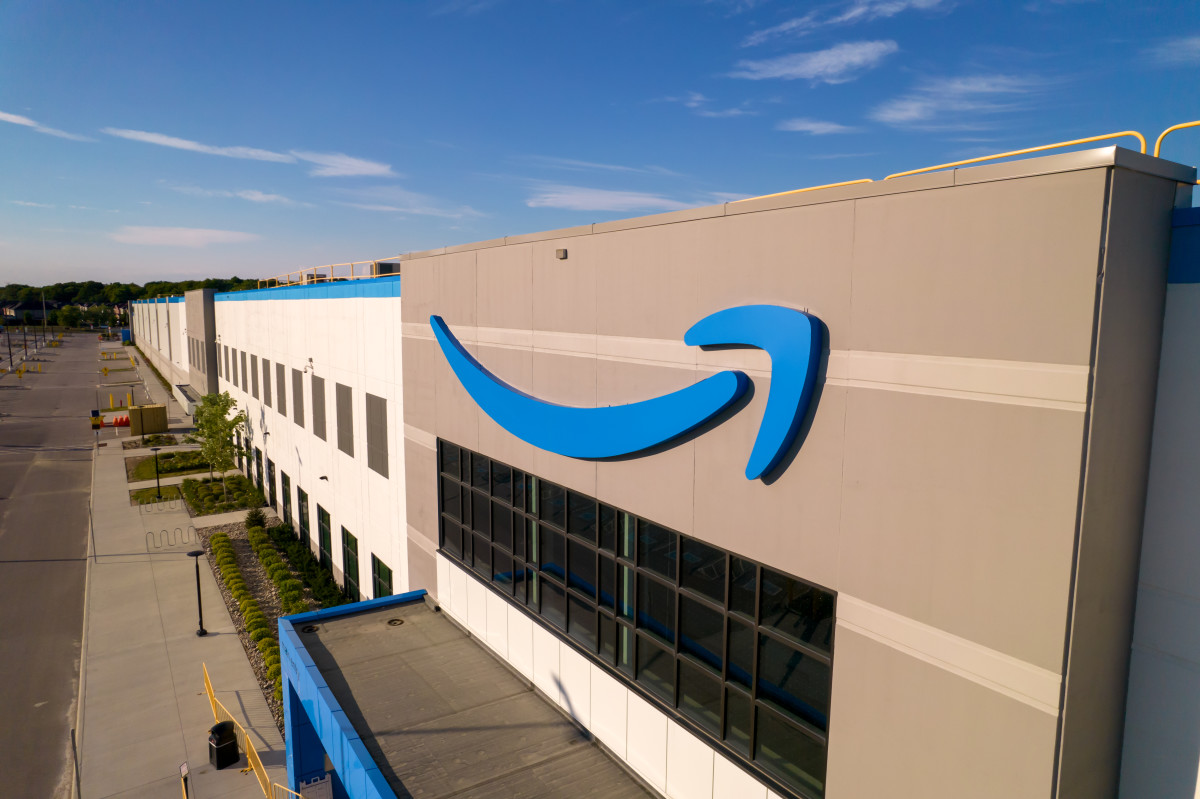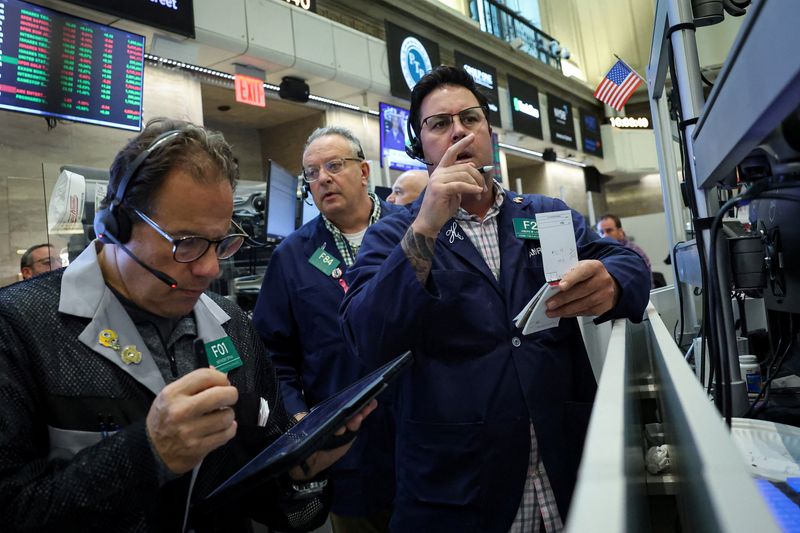Workers and Employers Face Higher Health Insurance Costs
NegativeFinancial Markets

A recent employer survey reveals that health insurance premiums for families are set to rise in 2025, placing a heavier financial burden on both companies and their employees. This increase is significant as it highlights the ongoing challenges in the healthcare system, affecting affordability and access to necessary medical services. As costs continue to climb, it raises concerns about the overall well-being of workers and the sustainability of employer-sponsored health plans.
— Curated by the World Pulse Now AI Editorial System












